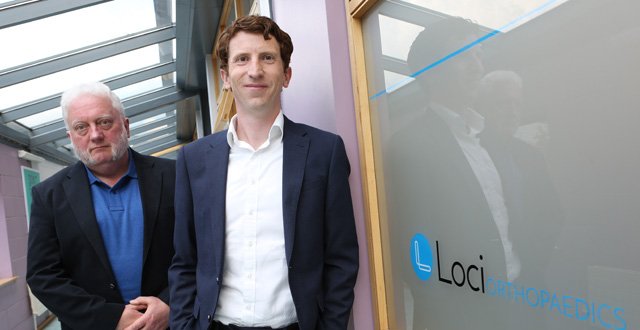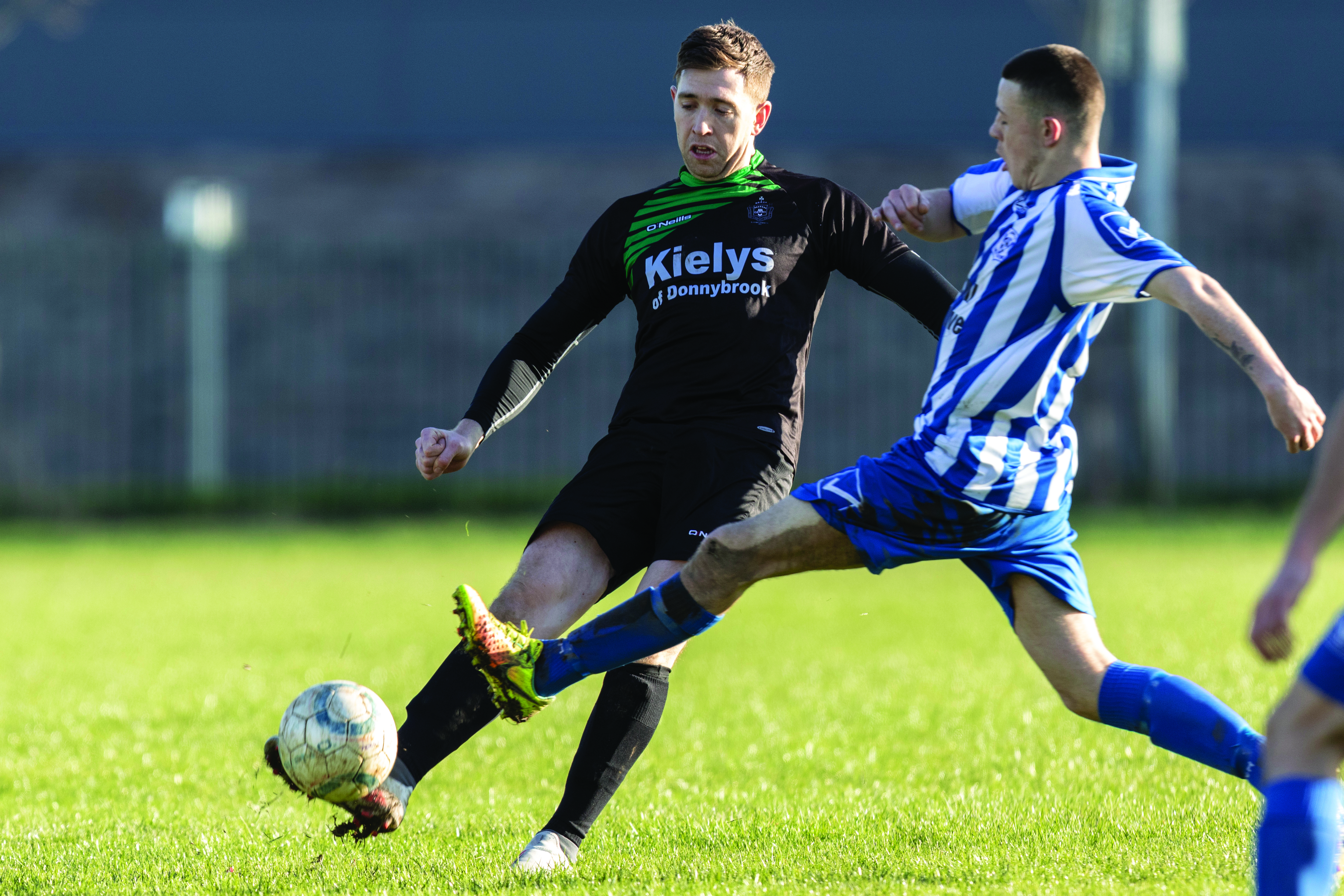Loci Orthopaedics is an independent leader in the development of a potentially life-changing, ergonomic and evidence-based solution to address the increasing unmet clinical need for thumb-base joint arthritis. The company is developing the InDx Implant to meet this need and access a market estimated at over €550 million per annum.
Arthritis of the thumb-base joint causes significant functional impairment of the hand. People with this condition are either restricted in, or often lose, the ability to perform everyday tasks such as using a mobile phone, turning keys in a door and even writing, due to increasingly severe pain.
This unmet clinical need was identified by the co-founders of the company, clinician Dr Brendan Boland, and medical device industry veteran Mr Gerry Clarke, while they were Fellows on the BioInnovate Ireland Programme, which is co-funded by Enterprise Ireland.
During this programme, they were based in University College Cork (UCC) and undertook several hundred hours of clinical monitoring in Cork University Hospital to identify hundreds of unmet clinical needs, from which the surgical management of thumb-base joint arthritis stood out as a particularly significant unmet need with a large affected patient population.
Enterprise Ireland funded the development work at NUI Galway through a Commercialisation Fund programme. The Commercialisation Fund programme is co-funded by the European Regional Development Fund (ERDF) under Ireland’s European Union Structural and Investment Funds Programme 2014-2020.
Some 5 per cent of the population suffer severe thumb-base arthritis. This equates to over 40 million people in the US and EU with significant symptoms. The condition is most common in those aged over 65 years. As the populations of the US and EU age, the number affected by this debilitating condition is set to increase dramatically in the next 15 years.
There are more than 200,000 surgical procedures carried out annually in the EU and the US for severe thumb-base arthritis. Due to the lack of a reliable and clinically satisfactory solution, there is a wide gap between symptomatic patients and patients currently progressing to surgery, demonstrating the substantial growth potential for new therapy solutions.
The current total addressable surgical market for thumb-base arthritis procedures in the US and EU is estimated at over $600 million per annum. This market size is set to increase further due to several concurrent market growth drivers, such as an aging population, an increase in those most affected, and a lack of tolerance of poor hand function.
This funding will provide financing for 24 months and will be used to advance product development in preparation for clinical trials, initiation of US commercialisation, initiation of EU regulatory approval, clinical follow-up, and regulatory approval by the US Food and Drug Administration (FDA).
Dr Boland said: “Securing this seed-round funding will put Loci Orthopaedics firmly on track to achieve the short- and medium-term goals required towards getting this product to market to relieve the daily suffering of many patients.”
Mr Clarke added: “Thumb-base arthritis has a huge impact on quality-of-life and on the independence of patients as they age. Can you imagine having pain on simple day-to-day tasks, such as turning keys in a door, opening a jar or using your phone? This is the prospect faced by millions of people who are restricted in their daily activities and enjoyment of life. It is these patients we want to help, by bringing the first evidence-based implant design to market for this common but disabling condition.”









Leave a Reply
You must be logged in to post a comment.